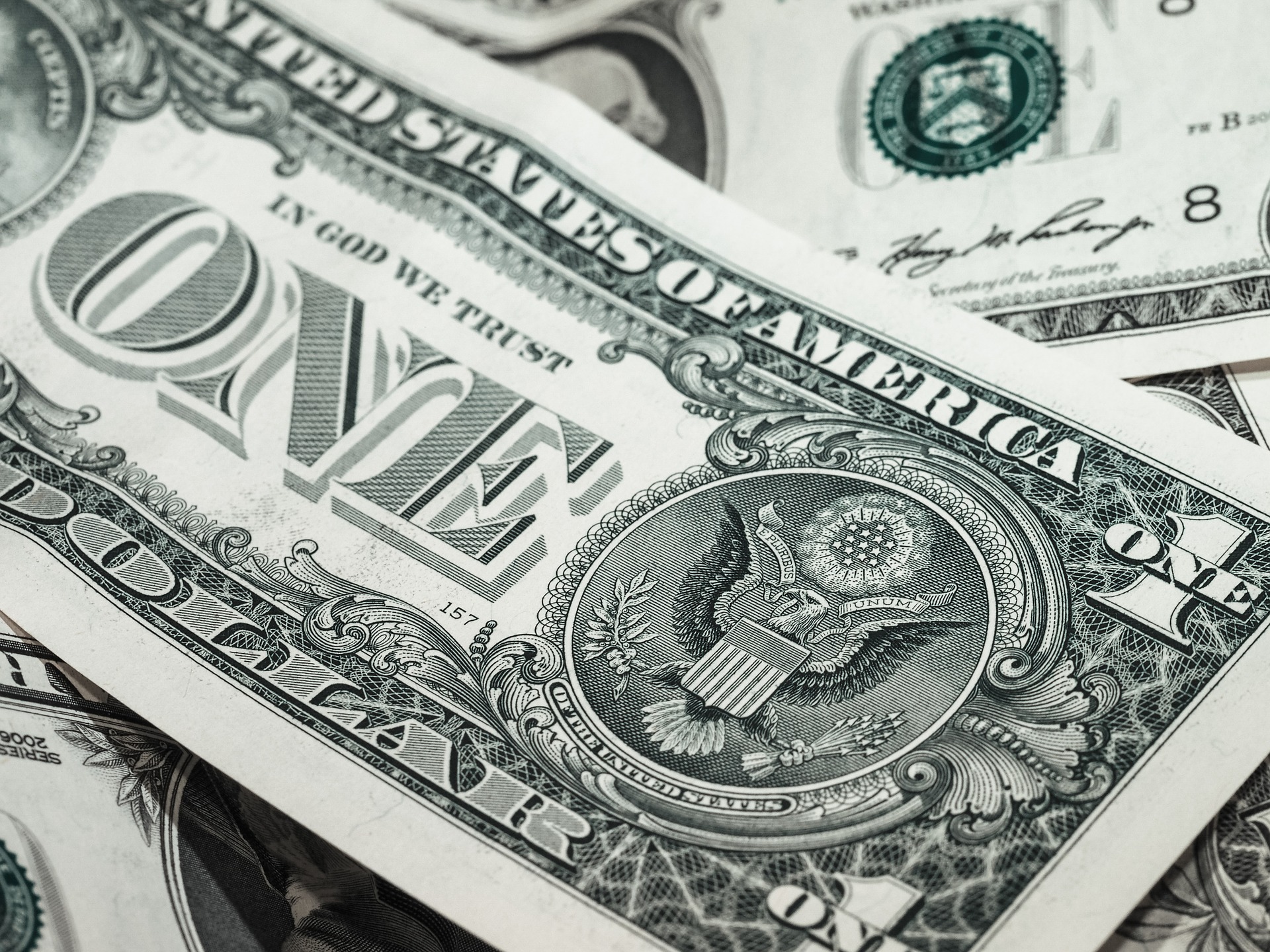
The economy of the US is considered to be the largest and the strongest in the world. This is why its currency is still dominating international markets. USD behavior always significantly impacts global markets. Both adverse and positive consequences can appear. Unfortunately, most people do not actually know that much about how the USD is affecting worldwide markets. Marc Leder, highly experienced investor, mentions the following as ways in which the USD affects international markets.
- A very strong USD will slow down international market trades. This is because the other currencies are weakened. It becomes more expensive to buy commodities that are dollar-denominated.
- In the event that US Dollar rallies against some other currencies, demand is shifting from the US to global markets. This increases financial and economic activity in global markets.
- Markets often get excited when they export goods to the US. A strong dollar will cause local market currency depreciation. This does create domestic currency inflation.
- Having a stronger US Dollar attracts capital inflows in FDI (foreign direct investment) and many other investments that are made from the USD investors in various markets. We often see this happening in the developing countries because markets are practically emerging markets that have a really high economic growth rate.
- When USD capital inflows appear in foreign markets, economic activities like consumption, employment and lending are stimulated, just like market growth.
- The global financial markets always closely monitor the US dollar in order to ascertain spot prices when referring to commodities that are fast moving. USD fluctuations will trigger a series of purchases and sales in speculations of outcome that is based on dollar behavior.
- Really big commodities like oil and precious metals are quoted in US dollar. Because of this, USD performance actually impacts world market living costs. If the USD is weaker, we see lower gas prices. The stronger USD will make gas much more expensive so the consumer has problems purchasing.
- If interest rates are high, USD liquidity is reduced while investments are also reduced. Job losses happen and a global recession will take place, like the one that we saw in 2007.
- A Federal Reserve rate hike will cause the USD to become expensive for the investors. Capital flight can be triggered by markets. USD-denominated products are in lower demand and a slower growth appears.
- The USD is often a reserve currency. It is also the standard international currency in so many different countries. USD interest rate will determine financing costs for the foreign global market debts. Foreign USD exchange rate determines the interest paid, together with credit accessibility in a worldwide financial market.
As you can so easily notice, the USD is so much more important for the economy of the world than what many believe. It is really important that you keep a close eye on how the value of the dollar goes up and down. Both of these are going to have huge impacts that have to be properly taken care of, especially if you operate in the global economy.